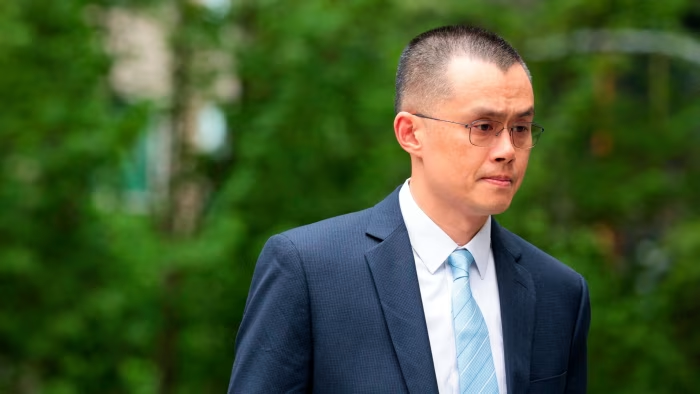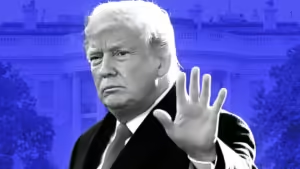Former Binance CEO Changpeng Zhao Begins Prison Sentence in California

Quick Take:
- Changpeng Zhao, ex-CEO of Binance, begins prison term in Lompoc, California.
- Zhao sentenced to four months for enabling money laundering at Binance.
- Sentence significantly shorter than the three years sought by prosecutors.
Changpeng Zhao, the billionaire founder of Binance, has begun his four-month prison sentence at a low-security federal facility in Lompoc, California. Zhao, commonly known as “CZ” in the crypto community, reported to the prison following his April sentencing after pleading guilty to charges related to money laundering activities at Binance, his cryptocurrency exchange.
In April, Zhao was handed a four-month sentence by U.S. District Judge Richard Jones. This was a notably lighter punishment compared to the three-year term that federal prosecutors had recommended. Zhao’s defense had requested a more lenient five months of probation, arguing for his previously clean record and cooperation with authorities. Sentencing guidelines had initially suggested a prison term ranging from 12 to 18 months.
“I’m sorry,” Zhao expressed in court. “I believe the first step of taking responsibility is to fully recognize the mistakes. Here I failed to implement an adequate anti-money laundering program. … I realize now the seriousness of that mistake.”
Zhao’s plea deal in November marked the end of a prolonged investigation into Binance by U.S. authorities. As part of the settlement, Zhao stepped down from his position as CEO of Binance, though he still retains a significant financial interest in the company, reportedly holding around a 90% stake.
The charges against Zhao were serious, involving a willful failure to establish an effective anti-money laundering (AML) program as mandated by the Bank Secrecy Act. This lapse allowed Binance to facilitate transactions tied to illegal activities, including those between American citizens and individuals from sanctioned countries.
In addition to his prison sentence, Zhao agreed to a substantial financial settlement. Binance was ordered to pay $4.3 billion in fines and forfeitures, with Zhao personally agreeing to a $50 million fine.
Zhao’s case draws parallels to other high-profile figures in the cryptocurrency industry facing legal challenges. Notably, Sam Bankman-Fried, the founder of the now-defunct crypto exchange FTX, is serving a 25-year sentence in a federal prison in the United States. Bankman-Fried was found guilty on all seven counts of securities fraud conspiracy in relation to his exchange and the associated hedge fund, Alameda Research. Unlike Zhao, Bankman-Fried did not reach a plea deal and faced a much harsher sentence, including an $11 billion forfeiture order.
Bankman-Fried’s downfall was compounded by the cooperation of his close associates with prosecutors. Caroline Ellison, the former CEO of Alameda and Bankman-Fried’s ex-girlfriend, provided critical testimony against him during the trial.
Zhao’s relatively short prison term and hefty fines highlight the severe repercussions of regulatory non-compliance in the cryptocurrency industry. His case serves as a stark reminder of the importance of stringent AML protocols and adherence to financial regulations in the burgeoning digital asset space.
As the crypto industry continues to grow and evolve, the legal landscapes surrounding it are becoming increasingly strict. Regulatory bodies worldwide are keen to enforce compliance to protect investors and maintain the integrity of financial systems. For industry leaders and stakeholders, Zhao’s case underscores the need for rigorous internal controls and transparent operations.
With Zhao behind bars, Binance faces the challenge of moving forward without its founding leader. The company must navigate the ongoing scrutiny and regulatory pressures while striving to maintain its position as the world’s largest cryptocurrency exchange. The future of Binance, and indeed the broader crypto industry, will depend on its ability to adapt to these regulatory expectations and rebuild trust with users and regulators alike.
As Zhao serves his sentence, the crypto community watches closely, hoping for a more regulated and secure future for digital assets.



